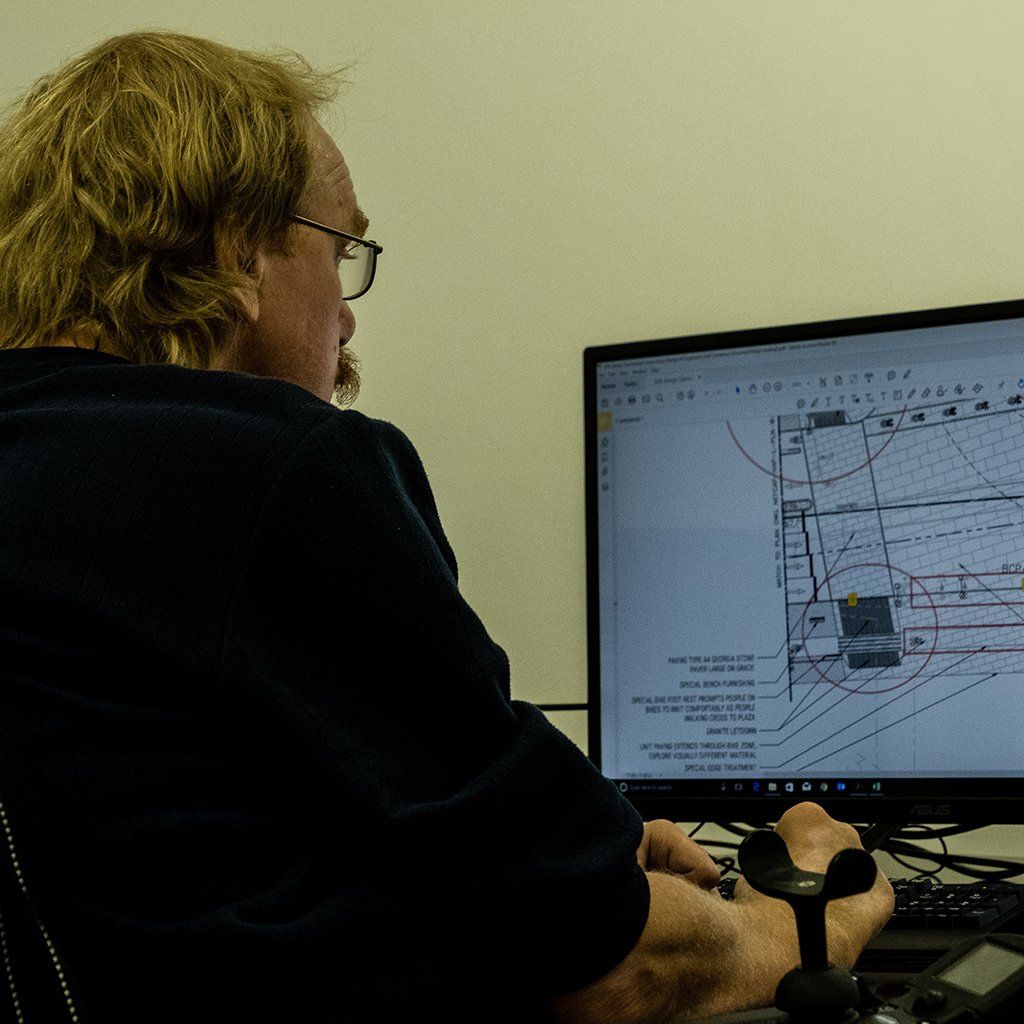Universal Design
Universal Design is a process through which designs are created with a view to the need to allow social groups of every type to achieve their full potential and remain independent. It is far more than a concept of making accommodations for people in wheelchairs. There are many other groups that have different needs for designs to allow access, for example people caring for babies or small children, older adults, people dealing with a temporary injury, or those with visual or hearing impairments.
-
There are seven principles that are widely recognized as being the key considerations for effective universal design:
- Principle 1:
Equitable Use
- Principle 2:
Flexibility in Use
- Principle 3:
Simple and Intuitive Use
- Principle 4:
Perceptible Information
- Principle 5:
Tolerance for Error
- Principle 6:
Low Physical Effort
- Principle 7: Size and Space for Approach and Use
At Universal Access Design we incorporate these principles into our design reviews and reinforce them in our sensitivity and simulation training sessions.



